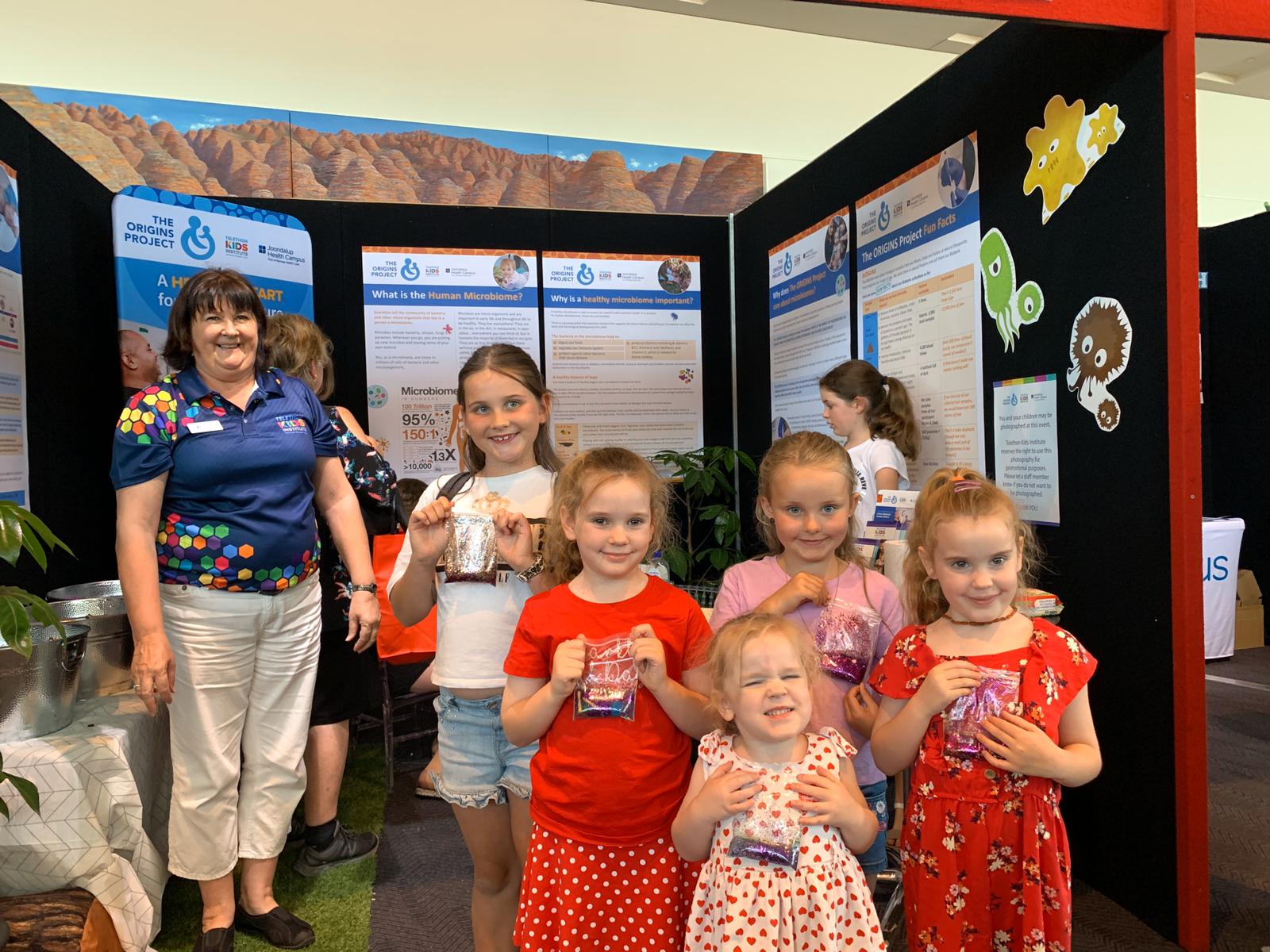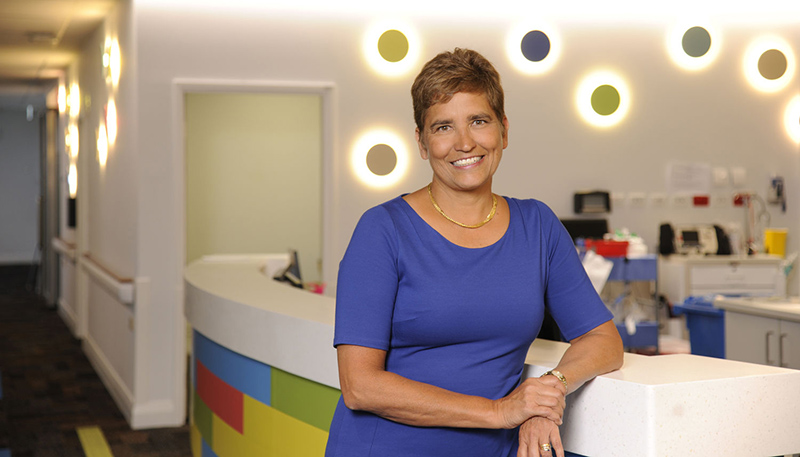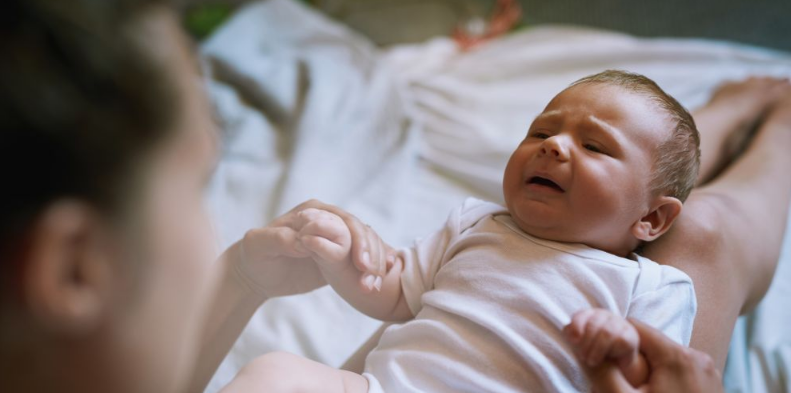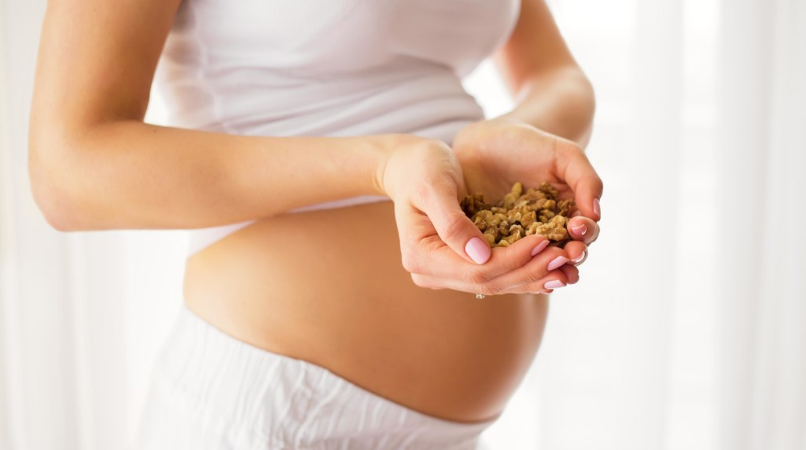Search

News & Events
Magical Microbiomes at TelethonHundreds of kids and their families visited The ORIGINS Project booth over the Telethon weekend to learn about the magical microbiome.

News & Events
Professor Desiree Silva named WA Rising StarThree local legends who are changing the world have been named as this year’s WA Rising Stars – including the ORIGINS Project Co-director and head of paediatrics at Joondalup Health Campus, Professor Desiree Silva.

News & Events
What medicines can I safely use during pregnancy?Something we’re commonly asked is whether a prescription, over-the-counter, vitamin or herbal medicine is safe to use during pregnancy. ORIGINS pharmacist Stephanie Dimitrov-Zeller provides some great advice for expectant mothers.

News & Events
When babies won’t stop crying – infantile colicExcessive crying – for more than three hours in a day, more than three days a week – is often referred to as infantile colic.

News & Events
When food attacksOne in every four children will suffer from eczema and asthma, and one in every 10 will have at least one food allergy.

The WA Kids Cancer Centre brings together clinicians and researchers working together to defeat childhood cancer.

Our researchers are trying to learn more about the effect different types of food have on blood glucose levels and how to give the best insulin dose to manage a variety of foods.

The Children's Diabetes Centre provides student opportunities for integrated research and clinical projects across all our research areas.
We investigated the factors that may affect the age at diagnosis for girls and woman with Rett syndrome.
We used multiplex ligation-dependent probe amplification to examine the MECP2 gene sequences in 149 girls and 1 boy.
